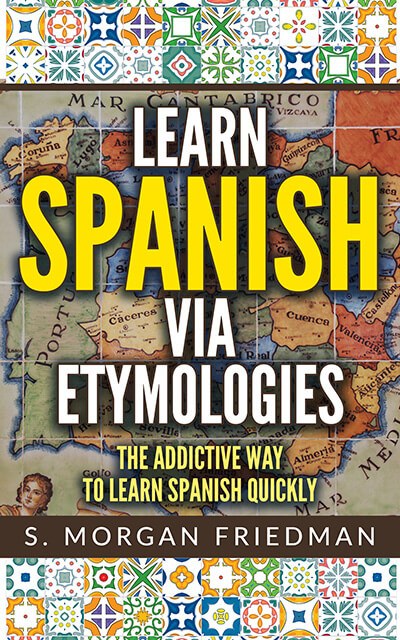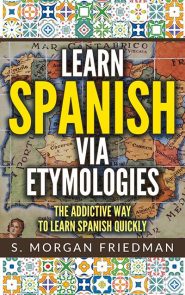Luchar, Spanish for “to fight”, doesn’t sound like its cousin reluctant – although of course everyone is reluctant to fight. But the relationship is closer than it seems.
Reluctant comes from the Latin roots re- (“against”) and luctari (“to fight”). Reluctance is to fight against what should be done — literally.
From luctari, we also get the Spanish for exactly the same, “to fight.”
But they don’t sound similar. How did luchar evolve?
Interestingly, in most Latin words that had a -ct- sound, this -ct- sound evolved into -ch- as Latin evolved into Spanish. Think about night/noche and eight/octagon. The same pattern explains luctari turning into luchar.
We see this relationship clearly with the l-ct to l-ch mapping between the two.

